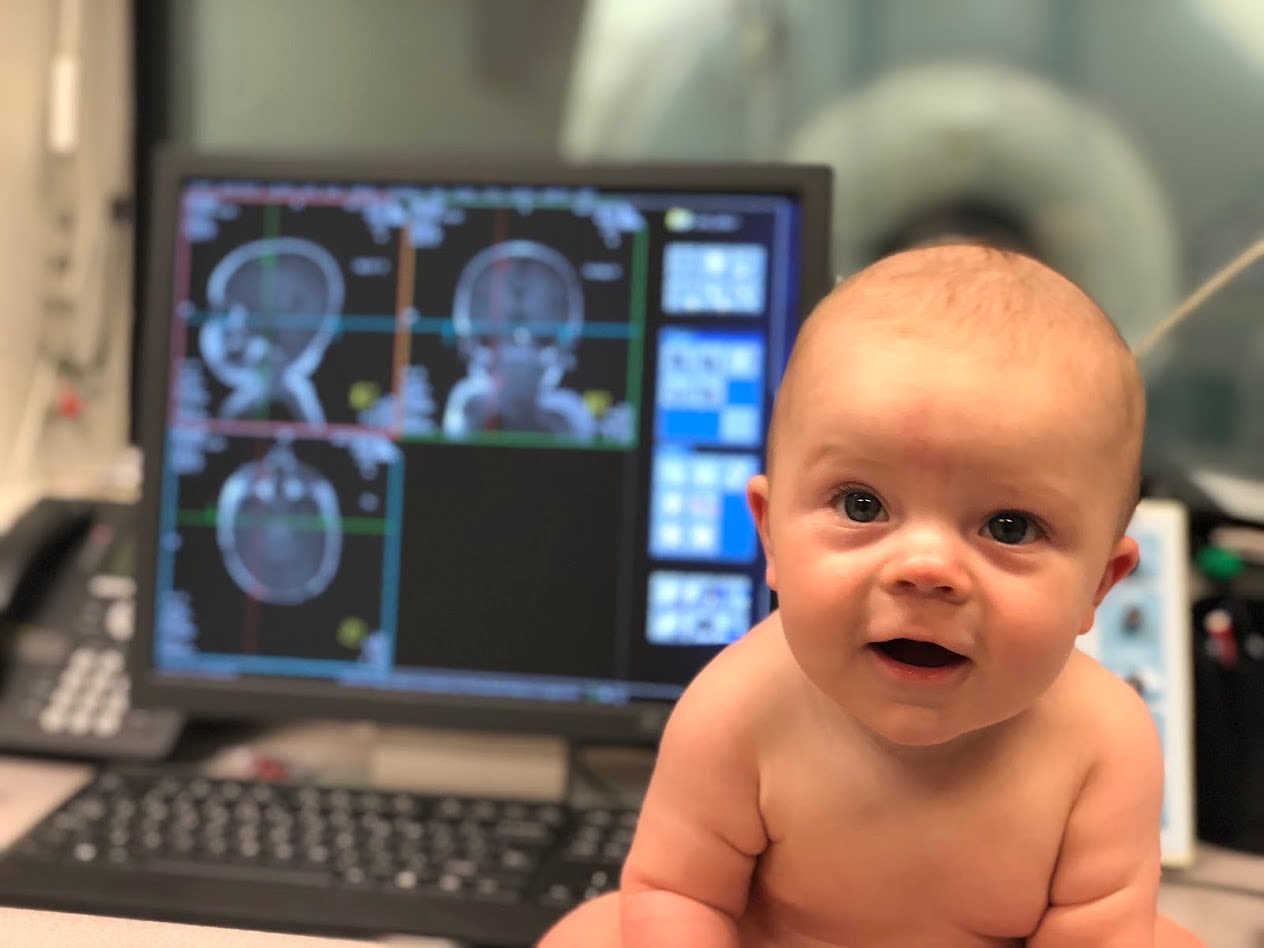North Carolina: A recent study found evidence that infants with large brain openings double the risk of sleep problems and autism.
A team of researchers is the first to discover that infants with abnormally large brain spaces have a 2.2 times higher risk of autism than other children, according to media reports.
UNC School of Medicine Department of Psychiatry researchers Dia Gark (Ph.D.) and Dr. Mark Shane also indicated in their research that this gap in the brain is also associated with sleep problems 7 to 10 years later.
The researchers followed the infants from 6 to 24 months of age until they were diagnosed with autism. The study found that 30 percent of children who later developed autism had enlarged prevascular spaces in the brain by 12 months, compared to half that number by 24 months.
The aforementioned research was published in JAMA Network Open.
(function(d, s, id){
var js, fjs = d.getElementsByTagName(s)[0];
if (d.getElementById(id)) {return;}
js = d.createElement(s); js.id = id;
js.src = “//connect.facebook.net/en_US/sdk.js#xfbml=1&version=v2.3&appId=770767426360150”;
fjs.parentNode.insertBefore(js, fjs);
}(document, ‘script’, ‘facebook-jssdk’));
(function(d, s, id) {
var js, fjs = d.getElementsByTagName(s)[0];
if (d.getElementById(id)) return;
js = d.createElement(s); js.id = id;
js.src = “//connect.facebook.net/en_GB/sdk.js#xfbml=1&version=v2.7”;
fjs.parentNode.insertBefore(js, fjs);
}(document, ‘script’, ‘facebook-jssdk’));



